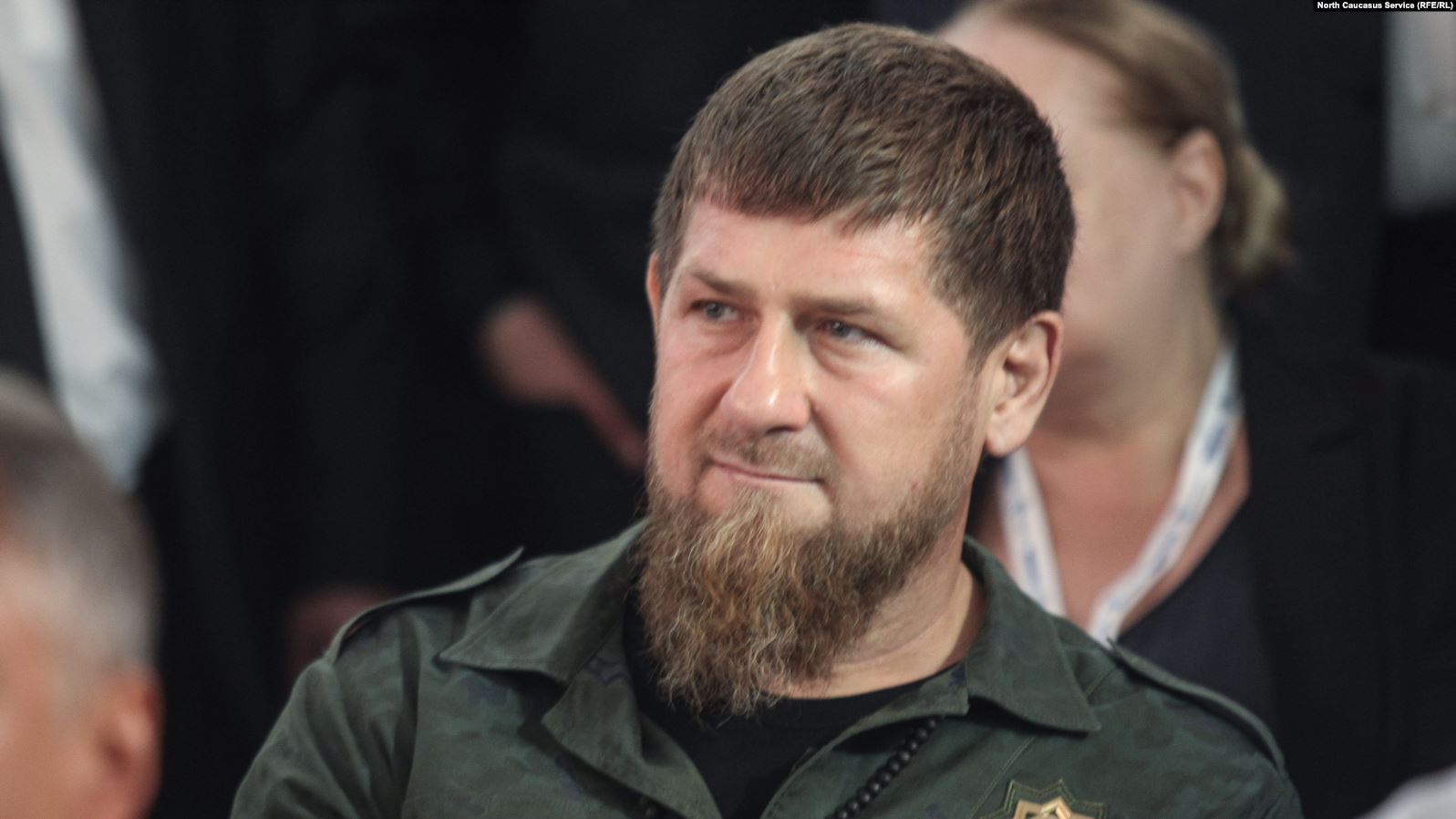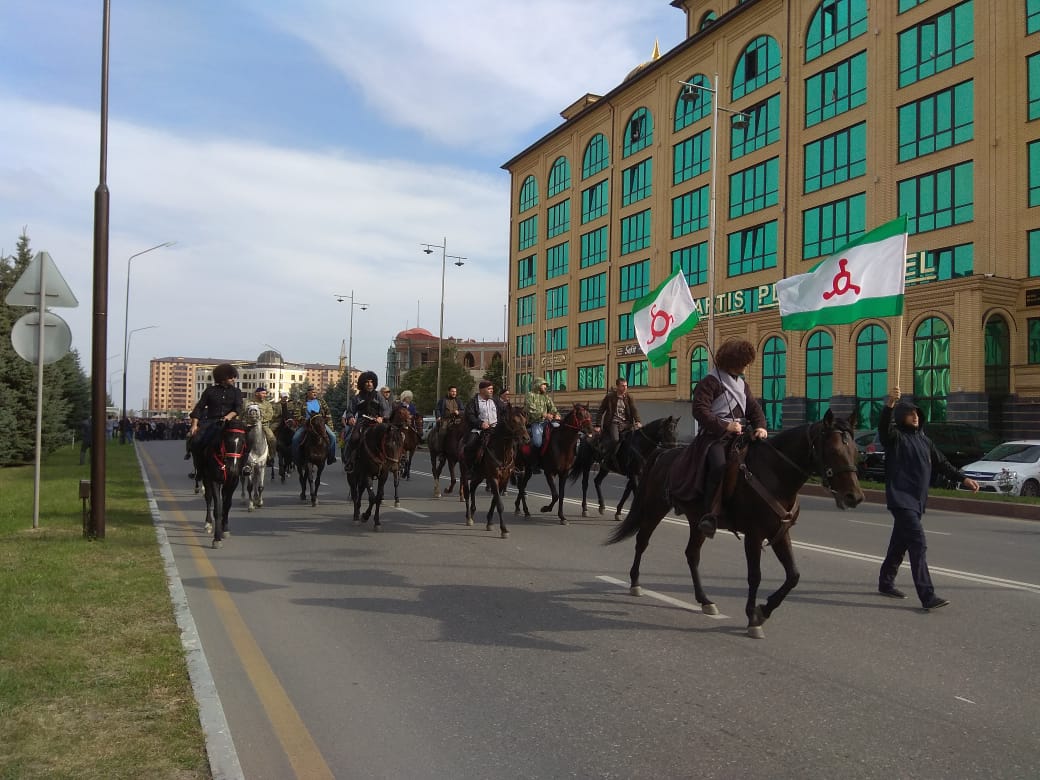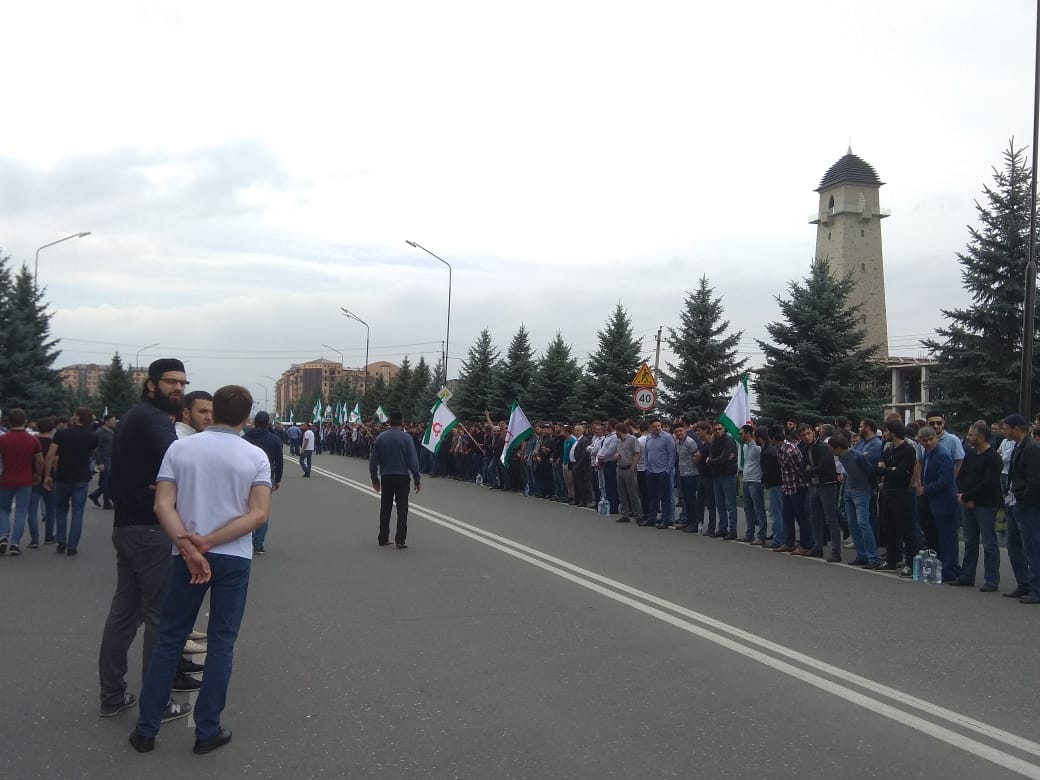Daghestani border communities demand transparency in Chechnya border discussions


Communities in districts of Daghestan bordering with Chechnya have demanded more transparency in the ongoing process of border demarcation between the two Russian republics.
On 31 January, a group of residents of Botlikh District recorded a video address to the Daghestani authorities requesting they be included in the official border commission.
In the address, a spokesperson for the group decried the commission’s lack of transparency.
‘We do not even know their names and faces. We do not understand why they hide this information from the public’, the spokesperson said.
‘If the work by the [Daghestani parliament’s] commission was completely transparent and citizens were informed about how the work was being conducted, then there would be no questions.’
‘Do people have the right to information about how the land demarcation is proceeding, or should we become familiar with the documents only after the decisions have been made?’
The activists proposed that observers from the border communities oversee the commission’s work.
The proposals received support from residents of other areas bordering Chechnya, including the Kazbekovsky and Babayurt districts.
Ibragim Ibragimov, a resident of the village of Mekhelta in Daghestan’s Gumbet District, told OC Media that the border issue was a concern to the village. He said the village did not intend to give up pasture land but were ready to talk about some of the lowland areas.
The head of the district, Magomed Karagishiyev, told OC Media that the jamaat of Mekhelta Village, the local religious community, had set up a dialogue with their neighbours from Chechnya.
He said the two communities were on good terms but that residents of Mekhelta did not intend to give up their ancestral lands and would strictly stick to the existing borders.
‘We will present our arguments on the ownership of the site, and we are confident that the parties will come to an agreement’, he said.
‘There were no borders between us and there never will be’
On 5 February, a delegation from Daghestan travelled to the Chechen capital, Grozny, to continue discussions on the border.
The first meeting took place on 22 January in the Daghestani capital, Makhachkala.
[Read on OC Media: Chechnya’s Daudov visits Daghestan for border talks]
The delegation, led by Daghestani parliamentary speaker Khizri Shikhsaidov, met with Chechen head Ramzan Kadyrov and the speaker of the Chechen Parliament, Magomed Daudov.
The same day, Daghestan’s parliament, the People’s Assembly, signed a cooperation agreement with the Chechen Parliament.
A spokesperson the People’s Assembly of Daghestan told OC Media that the meeting only covered how the demarcation process would be organised.
They said the next step would be for the heads of the border regions to meet with the cadastral service to demarcate the borders ‘on the spot’.
The spokesperson declined to provide information about the composition of the commission.
Shamil Khadulayev, head of the Daghestan Coordination Council of Non-Profit Organisations, attended the meeting. Khadulayev told OC Media that new borders were not being established but that the current borders were being properly demarcated.
‘The conversation [at the meeting] was extremely positive’, Khadulayev said. ‘There were no areas of conflict. The only issue on which the parties have not agreed is the Chechen proposal to exchange a 0.73 square km parcel of land’, he said.
According to Khadulayev, the Chechen authorities agreed to include a bridge on the federal Kavkaz highway and its adjacent territory in the borders of Daghestan; in return, the authorities of Daghestan will have to transfer an equivalent amount of land.
Khadulayev said that there should be no disputes about the Kazenoy-Am lake in the Botlikh District and that on the interactive map presented at the meeting, Daghestan maintained its current borders.
In November 2018, a map of Chechnya appeared on the Chechen Parliament’s website that showed part of Daghestan’s Botlikh district as being located within the borders of Chechnya. Soon after, Chechen authorities removed the map from the webpage calling it a mistake.
In an online broadcast by Khadulayev following the meeting, Chechen head Ramzan Kadyrov said the demarcations were only a ‘formality’.
‘We are fraternal people; there have never been borders between us and there never will be. This is a formality, this is a government assignment that we have to fulfil, so no one is taking [anything] away from anyone’, Kadyrov said.
‘Cannabis arrest’ of Daghestani committee member
On 3 February, Daghestani website Operline reported that a member of the Daghestani border committee, Khizri Khizriyev, had been arrested by Chechen authorities on the border between Chechnya and Ingushetia. They said he had been found in possession of a large quantity of cannabis.
According to Operline, which did not reveal where the information came from, Khizriyev was released after the intervention of the Daghestani authorities.
They said Khizriyev had had a disagreement with Chechen speaker Magomed Daudov during the first commission meeting.
Daghestani newspaper Makhachkalinskiye Izvestiya also picked up the story, citing Operline.
In the past, Chechen authorities have been accused by rights groups of fabricating drug charges against opponents, including journalist Zhalavdi Geriyev and the Chechen head of Russian rights group Memorial, Oyub Tityev.
Rachel Denber, Deputy Director for Europe and Central Asia at Human Rights Watch told OC Media in July 2018 that charges against Titiyev were ‘groundless [and] politically motivated’.
[Read on OC Media: Trial begins of Chechen rights activist Oyub Titiyev]
OC Media reached out to the Chechen and Daghestani authorities as well as Khizriyev himself, however, they neither confirmed nor denied the report.
Khadulayev attended 5 February’s meeting between the Chechen and Daghestani commissions.
Chechnya’s controversial land deal with Ingushetia


Border talks between the two republics come several months after a land deal was signed between the leaders of Chechnya and its western neighbour, Ingushetia.
Details of the controversial deal, signed on 26 September by Ingush head Yunus-Bek Yevkurov and his Chechen counterpart, Ramzan Kadyrov, were initially kept secret from the public. It later emerged Ingushetia would transfer 340 square kilometres, about 9% of its territory, to Chechnya.
The deal led to weeks of street protests and widespread calls for Yevkurov’s resignation.
Several MPs in the Ingush parliament claimed the vote in parliament approving the deal was falsified while the Ingush Constitutional Court declared it unconstitutional.









